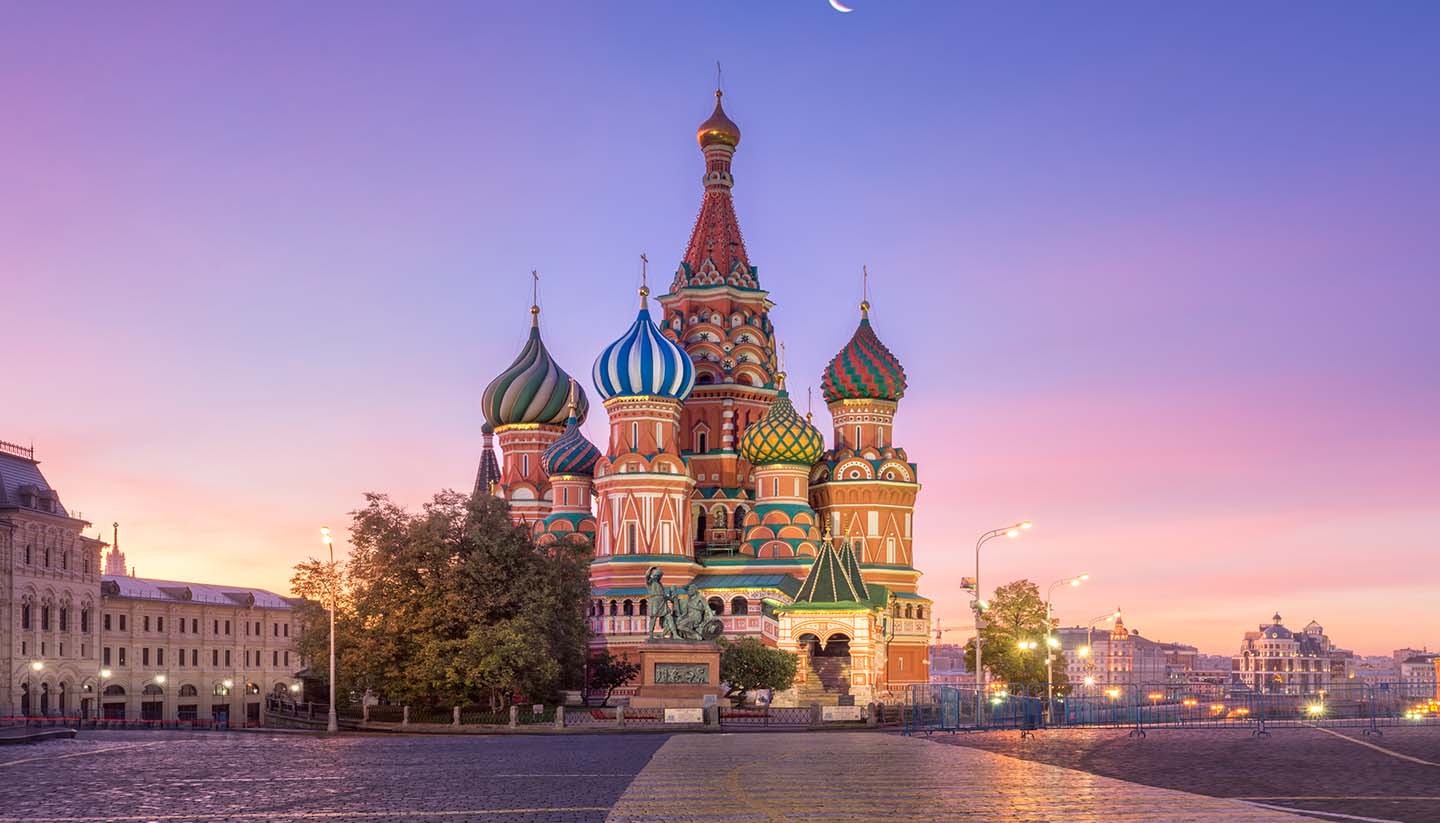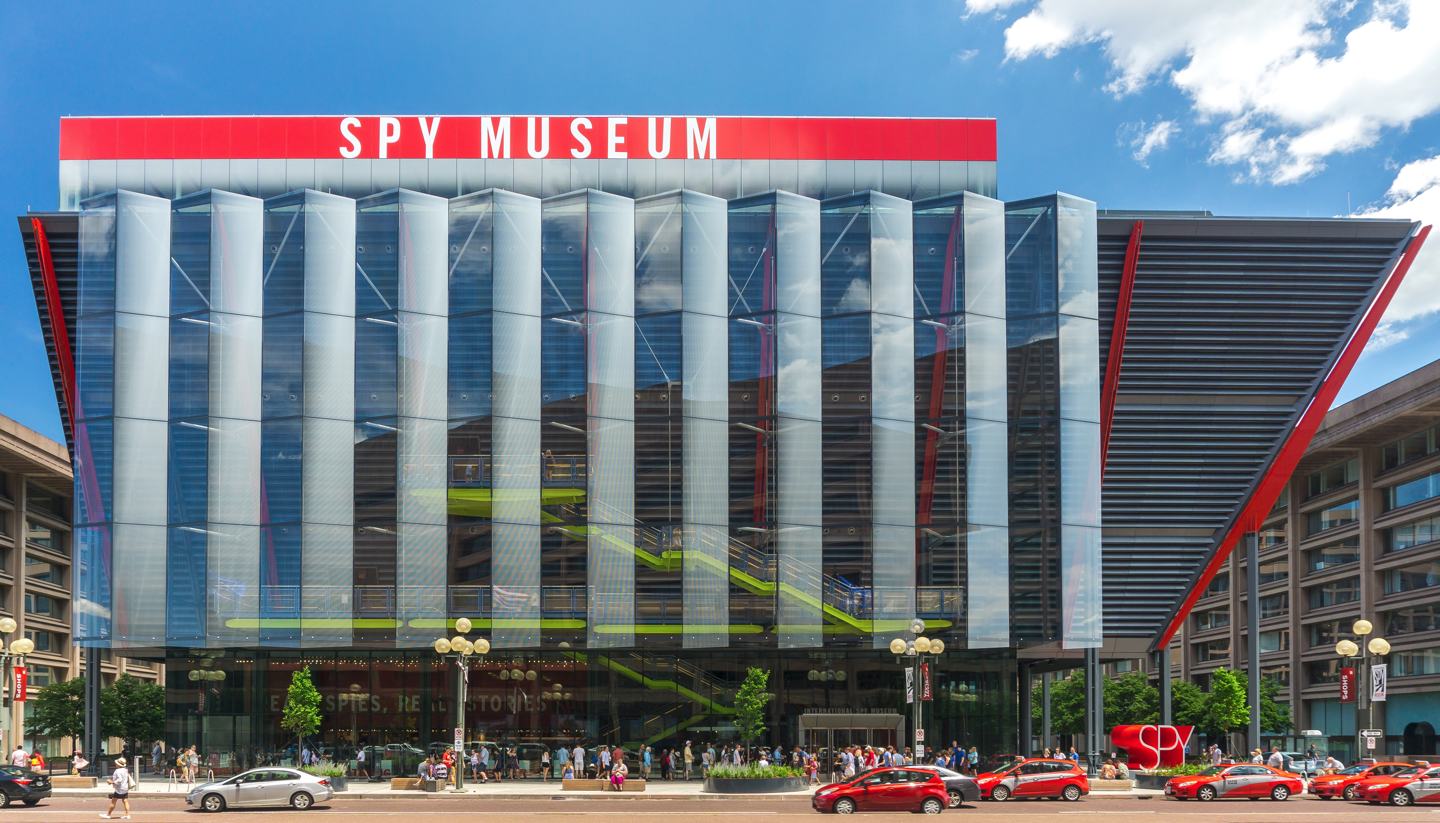Moscow History
Throughout its 800 years, Moscow has fended off waves of invaders (from Mongols to Napoleon and Hitler), though often at great cost. In the 12th century, it was little more than a town, but owing to its strategic position at the confluence of the rivers Moscow and Yauza, it grew in importance. The first fortified Kremlin dates to this time.
In the 13th century, the Golden Horde burned the city to the ground, but Moscow soon became rich as a vital tax-collecting outpost for the Mongols. They set the city alight again in 1380, and it would take another century to lift the old foe’s yoke. In 1480, Prince Ivan III united the eastern Slav principalities and defeated the Mongols at River Ugra.
In the years following, Ivan III became Grand Prince and invited architects from Renaissance Italy to design the new Kremlin’s walls and towers. His successor, Ivan IV (the Terrible) added many gold-domed Orthodox churches to the city’s skyline as it became the biggest city in the world by the turn of the 17th century.
Peter the Great then moved Russia’s capital north to what became St Petersburg. After a period of decline, Moscow resurged to repel Napoleon’s ill-fated attack during 1812, although the city was briefly occupied and heavily damaged. It was rebuilt and grew rapidly, with a population of 1 million by 1900.
After the Bolshevik revolution of 1917, Lenin ordered that the capital be reverted to Moscow. Later, under Stalin’s leadership in the 1930s, the city underwent a programme of massive industrialisation, with much of old Moscow unflinchingly destroyed. In WWII, Hitler followed in Napoleon’s footsteps by succumbing to the Russian military and relentless winter.
In 1980, the Olympic Games came to Moscow, although they were boycotted by the USA and other Western countries. In 1991, the city formed the backdrop to a failed coup attempt by hard line Communists opposed to Gorbachev’s reforms, after which the Soviet Union began to break up. Since then, the city has become increasingly westernised and one of the richest cities on Earth.
Did you know?
• Operation Barbarossa by the Nazis caught Stalin by surprise, as he had signed a non-aggression pact with Hitler. In June 1941, the German army was on the edge of Moscow, and only the early onset of winter and General Zhukov’s now legendary counteroffensive stopped them taking the city.
• Under Brezhnev, Moscow’s defence industry accounted for one-third of its industrial production and one quarter of its workforce.
• After the fall of Constantinople in 1453 to the Ottomans, Moscow branded itself the ‘Third Rome’, and claimed to be the true heir of Christendom.



